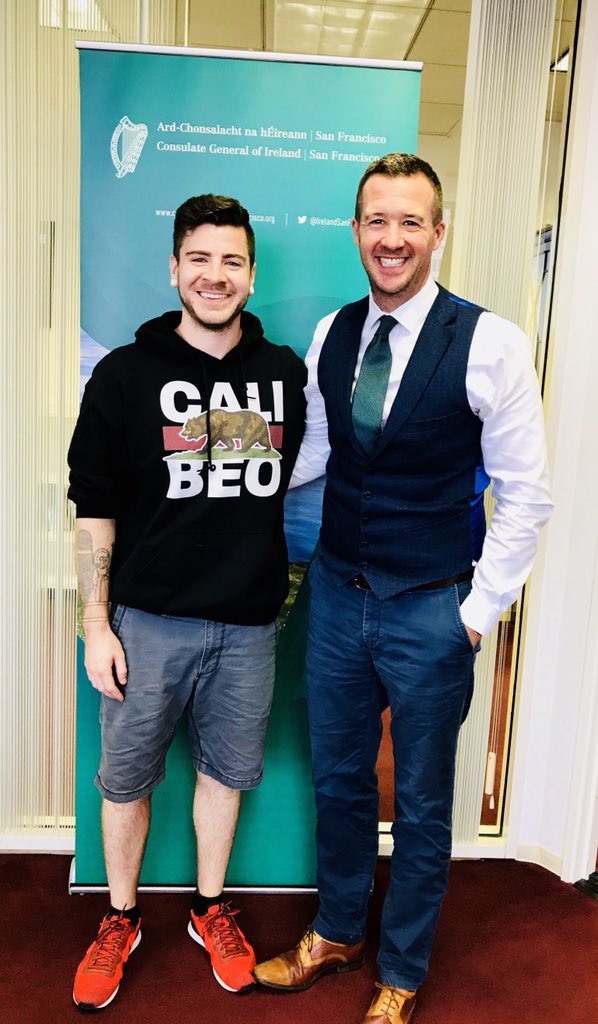It is something that other builders use to ship products. We as platform managers can't see what the end users will see. The platform has little to no relationship with the end user. Most platforms exist only to serve developers
1. Developer platforms - stripe, AWS ...
2. Marketplace platforms - Airbnb, Uber, YouTube
3. Product Extension platforms - Shopify, Salesforce, iPhone
Any product company can develop a platform to scale well. No company that is large enough can solve all it's issues. The product backlog grows infinitely. Even with infinite resources.
There are roughly 3 main things to remember
Fin.






















